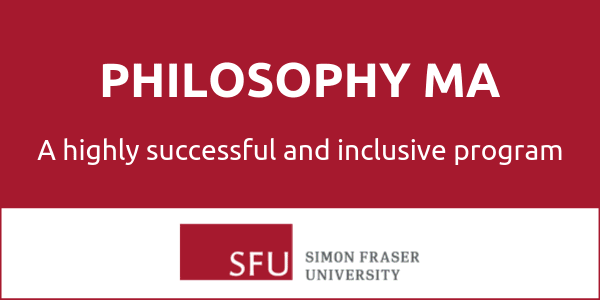Philosopher Appointed to National Space Council Advisory Group
Patrick Lin, professor of philosophy at California Polytechnic State University and director of the university’s Ethics and Emerging Sciences Group, has been selected as a member of National Space Council’s Users Advisory Group (UAG).

According to an announcement from the White House, the UAG “will provide the National Space Council advice and recommendations on matters related to space policy and strategy, including but not limited to, government policies, laws, regulations, treaties, international instruments, programs, and practices across the civil, commercial, international, and national security space sectors.”
The National Space Council, chaired by Vice President Kamala Harris, “is charged with providing objective advice to the President on the formulation and implementation of space policy and strategy.”
The UAG includes people in the aerospace and defense industries, various researchers and educators, and others. It is headed by retired U.S. Air Force General Lester Lyles. You can see the full list of UAG members here.



Congrats buddy!
Thanks, pal!
I second that! Congratulations, Patrick!
Excellent, congratulations Patrick!
Thanks, Jeff!
Thanks, John!
Congratulations, Prof. Lin!
Thanks, Sam!
In this role, my white paper on the need to kickstart the sub-discipline of space data ethics was finally published by NASA: https://www.nasa.gov/general/white-papers/
The basic idea is that space data might need to be treated differently than the kind of data typically discussed about everyday life. As just one of many examples: the temptation with space data is to collect everything in the service of scientific discovery, etc.—this might make sense (because we don’t know what we don’t know), but that practice would run counter to a key principle in data ethics to minimize data collected in order to protect individual privacy.
This suggests that new work is needed to study the differences, if any, between space data and “normal” data that we worry about on Earth, and whether existing frameworks for data ethics are sufficient to cover space data. If insufficient (as it appears to be), then we need to arrive at some guiding ethical principles for space data, esp. as space activities continue to rise to unprecedented levels. And that’s a job that requires philosophers.
This white paper was approved by the full Users’ Advisory Group as a formal recommendation to the National Space Council on 1 Dec 2023—we’ll see what they do with it, but the interest in the subject is already promising. In the meantime, if any of you plan to press on this new area, please let me know so I can follow your progress or even help out.